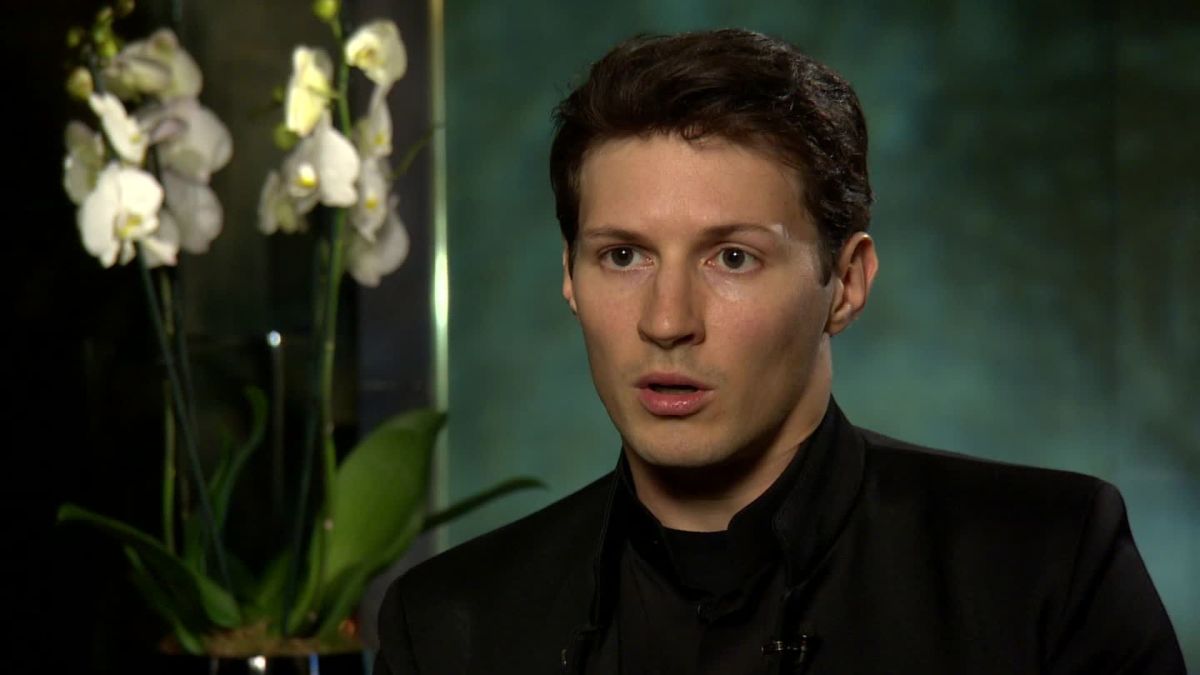On Aug. 29, French President Emmanuel Macron denied any prior knowledge of Telegram co-founder Pavel Durov’s visit to France during a press conference held in Serbia. Emmanuel stated that he had not invited Durov to the country and was unaware of his presence, distancing himself from the controversial arrest. According to Emmanuel, Durov’s case will be handled by the independent French judicial system, emphasizing that the decision to detain the tech entrepreneur was not politically motivated.
International Condemnation of Macron’s Decision
Following Durov’s arrest, Macron faced immediate backlash from the international community. Critics from the tech and crypto sectors condemned the arrest, comparing France’s actions to those of authoritarian regimes. Former VanEck executive Gabor Gurbacs questioned the principles of the rule of law and freedom of expression in France, highlighting concerns over the arrest occurring without concrete evidence of wrongdoing.

Source: Victor
Mert Mumtaz, CEO of Helius Labs, also voiced concerns, questioning why Macron himself wasn’t held accountable for broader issues in France. Mumtaz argued that holding tech founders liable for platform content contradicts the principles of freedom of expression that Macron claims to uphold.
Global Debate on Decentralization and Free Speech
Macron’s decision to arrest Durov has ignited a global debate on the future of decentralized technology and free speech. Durov’s detainment, while formally charged and released on a 5 million euro bail, has raised concerns about the potential targeting of tech leaders who champion open platforms. Critics argue that this move could signal a chilling effect on the tech industry, particularly those focused on decentralized services and privacy-centric applications.
As the case against Pavel Durov unfolds, the international community watches closely, with concerns that Macron’s actions could set a precedent for how decentralized technologies and their creators are treated. The outcome of this situation will have far-reaching implications for the tech industry, the defense of civil liberties, and the future of free expression in an increasingly digital world.












Leave a Reply